Abstract. This article reports the results of an online experiment conducted in two ethnically fragmented societies in Spain: the Basque Country and Catalonia. It tests the effect of co-ethnicity on trust and reciprocity. Ethnicity was manipulated in the experimental context using three ethnic attributes: ancestors' origin, language and name. Additionally, the article reports a comparison of…
March 2015
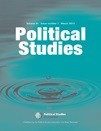
February 2015
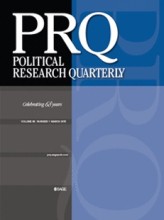
Abstract. This article aims at exploring the gender gap in levels of political knowledge, with a focus on lower secondary school students in Europe. Using the International Civic and Citizenship Education Study 2009 (ICCS), we find that boys outperform girls when asked about facts, but girls demonstrate greater knowledge when asked to reason about a particular political matter. Part of the gender…
Abstract. Over the last two decades, the Spanish higher education and research sector has undergone profound changes, but little is known about the implementation of recent reforms and how university actors responded to policy change and institutional pressures within a changing resource environment. Drawing on the insights from institutional and resource-dependence theory, we show how Spanish…
January 2015
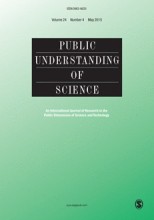
Abstract. Although there is little theory about the effects of economic conditions on public support for science and technology (S&T), some evidence suggests that an economic crisis could produce a decline in support for S&T because of more pressing priorities, such as jobs and social services. But the public may also view S&T as a strategic pathway out of an economic slump. We test…
December 2014
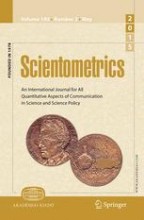
Abstract. This study characterizes the volume and visibility of Latin American scientific output in the area of Public Health, through a combined analysis of bibliometric, socioeconomic and health indicators of the top 10 Latin American producers of documents. The information was obtained from the SCImago Institutions Rankings (SIR) portal, based on Scopus data, in the category Public Health,…
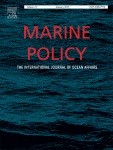
Abstract. The use of natural resources is often associated with a high component of cultural or passive values. Such is the case of the use of …
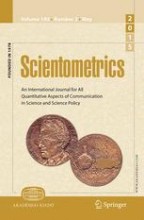
Abstract. Argentina´s patterns of publication in the humanities and social sciences were studied for the period 2003–2012, using the Scopus database and distinguishing the geographic realm of the research. The results indicate that “topics of national scope” have grown and gained international visibility. They can be broadly characterized as having Spanish as the language of publication, and a…
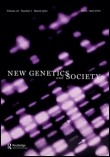
Abstract. Cisgenesis is a genetic modification of a recipient organism with genetic material from a crossable organism. Trying to free cisgenics from the regulatory guidelines of genetically modified organisms (GMOs), some scientists have suggested to classify the genetically modified products by the origin of transferred genes. Aiming at exploring how scientists frame cisgenics in relation to…
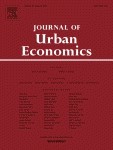
Abstract. We estimate the effects of highways on the suburbanization of Spanish cities. Based on Spain’s historical roads – the almost 2000 years old Roman roads and the 1760 Bourbon roads –, we rely on an …
November 2014
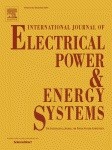
Abstract. This paper analyses the determinants of household electricity demand with a panel data, partial adjustment model of the Spanish regions between 1998 and 2009. We find that electricity demand is positively and significantly related to several variables (electricity demand in the previous year, income, temperature range, penetration of electric water heating in households and…


